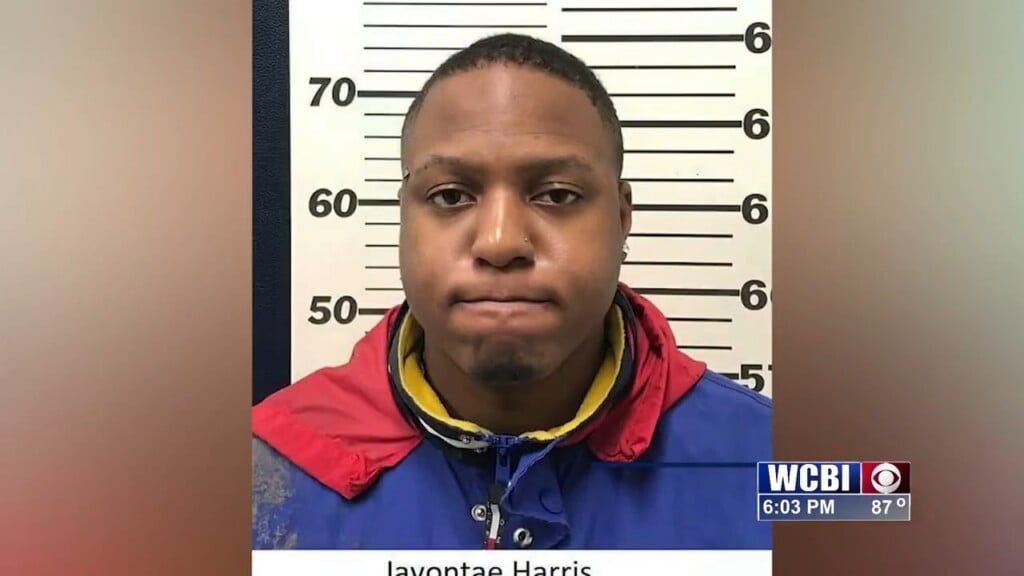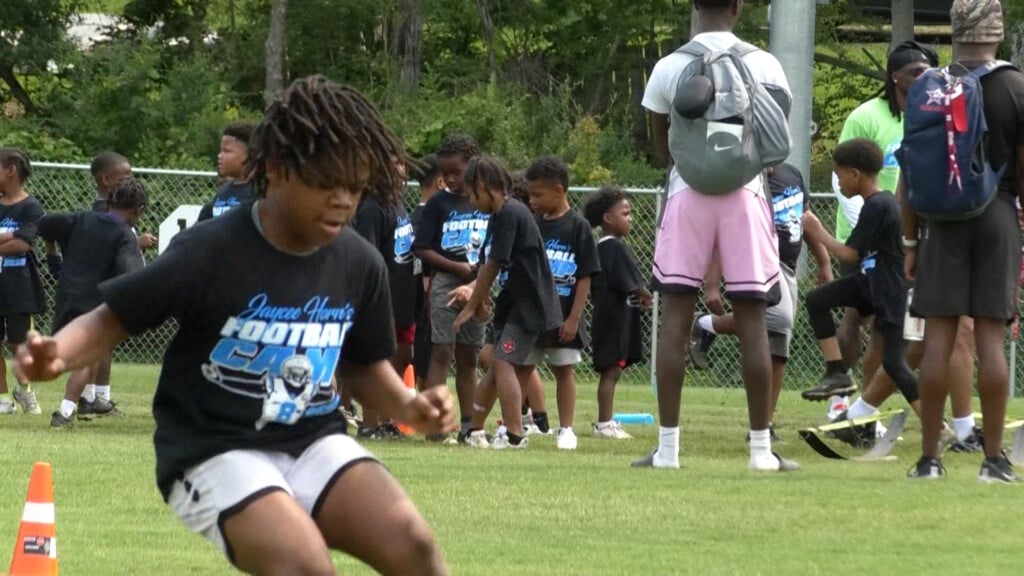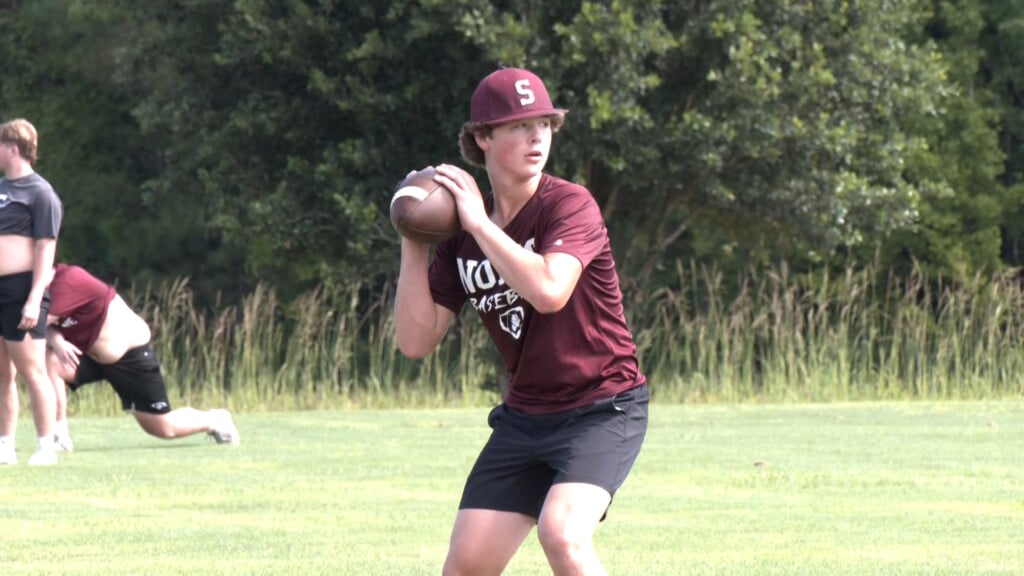Campaigning amid coronavirus: Candidates look for new ways to connect
In Colorado, a pediatrician running for office is serving as a health resource for constituents and advocating for more protective gear; in Montana, a candidate running for statewide office has started holding story time for children online to give parents a break, and in a Senate race where the incumbent is facing a tight primary challenge, a new podcast is being launched to help connect with residents across the state.
As COVID-19 paralyzes the nation, candidates across the country are facing unprecedented challenges with campaigning in a monumental election year. While traditional door-knocking and hosting town halls are off limits, these public- office seekers are coming up with innovative ways to make themselves known and stay connected with the people they wish to serve.
“Campaigning is not what it was before, and nobody quite knows what exactly it’s going to be,” said Jean Sinzdak, Associate Director of the Center for American Women and Politics. “Basically, what we’ve heard from a lot of people is you know, ‘I don’t even know where to start’… this is uncharted territory for everybody. So how do you even begin to plan?”
Multiple groups have been helping candidates navigate the challenges with training on everything from hosting events online to the best texting campaigns. According to Emily’s List, an organization which works to elect pro-choice Democratic women, the number of candidates coming to them seeking advice has skyrocketed. The National Democratic Training Committee, which offers free campaign training to Democrats at all levels, has also seen a spike in candidates seeking training. The group used to be excited if 50 candidates tuned in – now as many as 400 are.
“We are seeing numbers through the roof of candidates from all across the country up and down the ballot coming to us asking for guidance on how they transform their campaigns,” said Andrew Feldman for the National Democratic Training Committee.
Some candidates are focusing on helping their communities in uncertain times.
Republican Peter Meijer, running in Michigan’s 3rd Congressional District, launched “Operation F.R.E.D.,” or Food Relief Emergency Delivery, in mid-March to help deliver free grocery packages in West Michigan.
In Texas’ 22nd District, Democratic candidate Sri Preston Kulkarni has been collecting and donating medical equipment to hospitals in need.
Kulkarni was an early adopter of social distancing practices. At his primary victory party on March 3, he avoided hugging or shaking hands with anyone trying to congratulate him. “I had to go around all night, saying, ‘Please don’t do that.’ I didn’t want the possibility that I would transmit something, or someone would transmit something to me,” he told CBS News.
Since then, Kulkarni has been connecting with the community through small business conference calls, virtual town halls with medical experts, and a Facebook group with supporters highlighting ways to stay healthy under quarantine. Like other campaigns, he’s also used his volunteers to support a “wellness checking program” to call and check in with folks in self-isolation.
“I think all of us are dealing with the reality that you cannot campaign as normal right now. Even if you wanted to, people don’t want to hear it,” he said. “They don’t want to hear about politics right now. They want to hear about how are you helping them in the time of crisis?”
In his first virtual town hall on March 19, California Republican Mike Garcia spent the first half hour talking not about the campaign, but about the coronavirus. Garcia is running for the state’s 25th District open seat, vacated by Democrat Katie Hill. Since then, Garcia has held three additional virtual town halls, tailored to certain areas of the district, with an average of 1,000 to 1,200 people tuning in.
“It actually has been wildly successful. You know, it’s been a fantastic alternative. We’re getting good participation because folks frankly, are still realizing how important this is,” Garcia said. On May 12, he will be facing Democrat Assemblywoman Christy Smith in an all-mail ballot election.
Smith said her campaign had to reshape their entire voter communications plan and pivot to an entirely digital model. Because of her role as a state legislator, Smith has had to balance her time working with people and small businesses to curb the economic impact of the pandemic.
“I don’t doubt for a moment that when I’m focused on my state side activity, it’s absolutely where I need to be and what I need to be doing,” Smith told CBS News. “I will fit in the campaign appropriately as well, but the real focus right now is the work that I can do with official resources to help people stay on their feet.”
Senate campaigns across the country are using their platforms to encourage supporters to give back to the communities that are struggling.
For instance, Senator Gary Peters, up for reelection in Michigan, has asked supporters to donate to Michigan food banks instead of his campaign.
Republican Senator Martha McSally in Arizona has suspended all campaign fundraising and is instead leading a “15 Days of Giving” initiative to raise as much money as possible for the Arizona Salvation Army.
Other Senate candidates have upped their virtual events to provide more information about coronavirus.
Senator Ed Markey of Massachusetts and Democratic candidate Amy McGrath in Kentucky each launched their own podcasts. Representative Joe Kennedy, who is running against Markey, has been hosting the “Kennedy Evening Broadcast” twice a week featuring guests who have advice on public health or how to stay busy during the quarantine.
Candidates in state and more local races are likely to be hit harder by COVID-19 restrictions.
“Our candidates win and lose their races by knocking doors and building intimate relationships with voters,” said Run for Something co-founder Amanda Litman, whose organization focuses on progressive candidates down-ballot, such as statehouse races or city councils. “It is really hard to win these elections or run these campaigns when you can’t go out and meet people in person.”
Multiple candidates CBS News spoke to are grappling with the shift. Many have been hosting virtual events through tools like Zoom, some even recruiting more well-known officials who may have endorsed them to help. But it’s also led to some enterprising with everything from a virtual painting and wine tasting (although that could be paired with a beverage of the participants’ choice) event to mask sew-alongs.
“Really a ground campaign was what our normal plan was,” said Wendy Stolyarov, who is running for city council in Sparks, Nevada. “I was going to knock on 10,000 doors this spring. My ward has about 25,000 residents in it and I was just going to try to talk to every single person.”
Around the first week of March, Stolyarov started looking at ways to retool her campaign to help her community and ended up sending out “mutual aid” postcards. On the back of each card was a form to connect a person to neighbors who need help with tasks like picking up groceries or running urgent errands.
“When the cards first went out, I fielded a ton of phone calls that first day,” said Stolyarov. She said she’s still getting calls from people thanking her for the idea and letting her know the cards had been passed along.
In Montana, Melissa Romano is running for superintendent of public instruction. Before COVID-19, the longtime educator had taken a leave of absence from the classroom to campaign. Now, with students stuck at home, she has gone back to one of her favorite aspects of teaching — reading to students aloud — this time over Facebook Live.
“Story Time with Melissa is really one small way I’m trying to give parents some time to relax a little bit and provide kids with some entertainment,” Romano told CBS News. “It gives them some time to know, ‘okay, a teacher is going to read some stories and talk to my children for a little bit.'”
Books, sometimes chosen by Romano and other times requested, have ranged from “Strega Nona” to “Where the Wild Things Are.” One of the biggest challenges has been helping people figure out how to tune in. Romano has been using social media and even launched a blog to stay connected.
“I’m still able to connect with people. It just looks a little bit differently,” she said.
While the running terrain may be unlike what many office seekers had expected, Run for Something is seeing a new advantage with some of these local races.
“This crisis just hammers home how important it is to have really strong, rooted state and local officials,” said co-founder Ross Morales Rocketto.





Leave a Reply